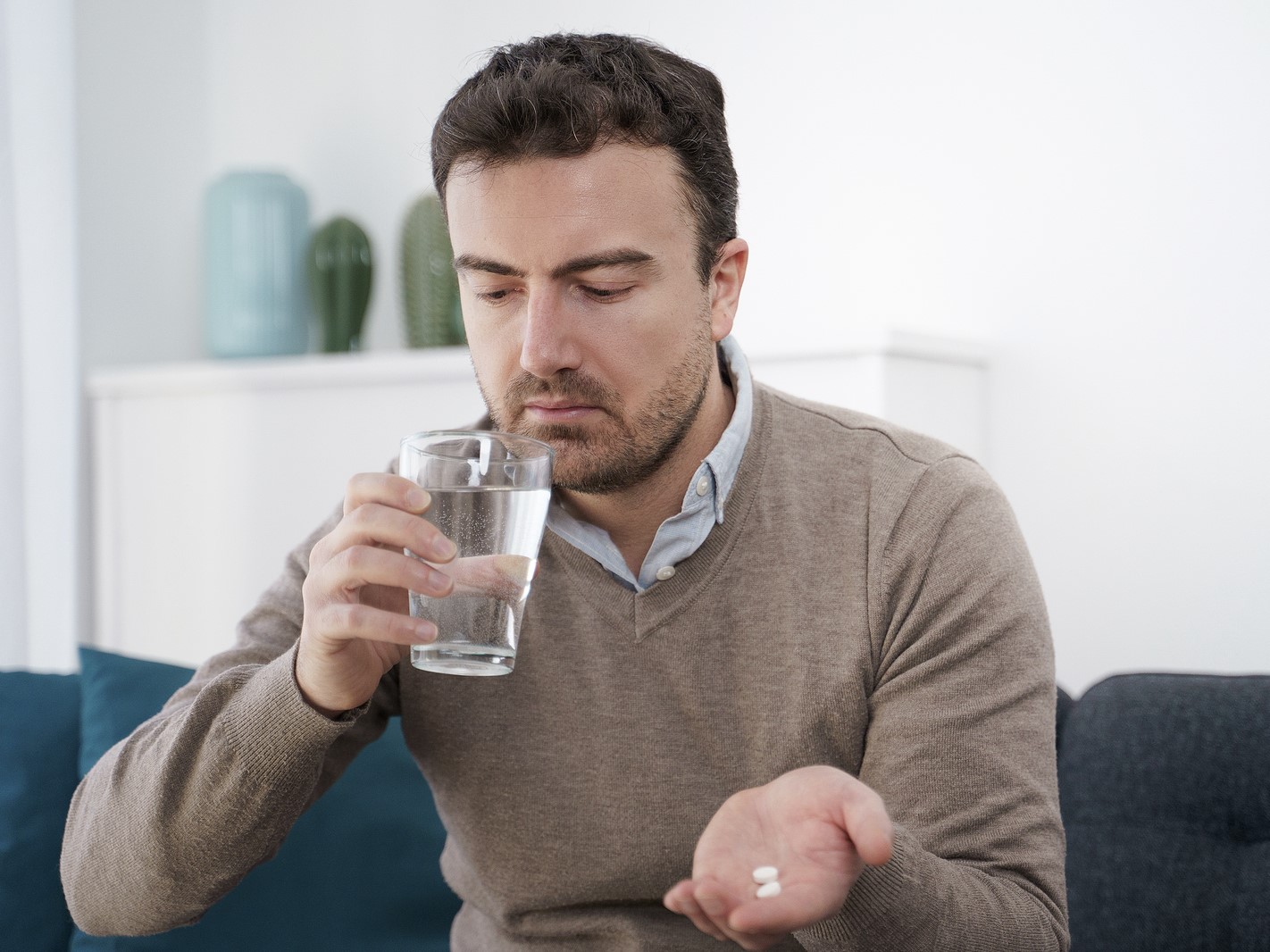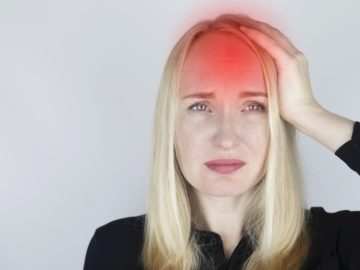Can You Overdose On Gabapentin?

Gabapentin is a drug used to treat seizures and nerve pain. Considered as a pretty harmless drug, doctors prescribe it for many conditions. It's prescribed for alcohol addiction withdrawal, anxiety, restless leg syndrome, bipolar disorder, and other conditions.
But can you overdose on Gabapentin? The short answer is yes. It is possible to take too much of this medication by accident or on purpose. If you're taking Gabapentin for a medical condition then ask your doctor about how long it should be taken and the safe dosage for your condition.
Contact Us Today for a Confidential Assessment.
Call (877) 959-5909 Now to Speak with a Specialist
What does gabapentin do to the body?
Gabapentin helps to relieve chronic pain and seizures by limiting the ability of nerve cells in the brain and spinal cord, which is something that a person experiences when individuals have epilepsy. Gabapentin has also been successful in studies with individuals who suffer from atypical neuropathic pain.
Gabapentin works by enhancing the effect of GABA, a neurotransmitter that suppresses neuronal excitability. When combined with other medications, it may reduce some adverse effects related to drugs like diazepam (Valium).
The US Food and Drug Administration (FDA) approved gabapentin as an anticonvulsant medication in 1993. A person can get relief from muscle spasms, shakes, tingling feelings or hot/cold sensations by taking this medication once it's been prescribed by a doctor.
Is gabapentin addictive?

Taking high doses or being on gabapentin for longer than six weeks heightens the risks of experiencing withdrawal symptoms if you suddenly stop taking the drug. Addiction is often characterized by cravings for drugs, "higher" and "lower," emotional dependency on drugs, and association of different environments with substance use.
How much gabapentin is safe?

Trying to increase your dose without proper advice from a physician is risky and can lead to acute adverse reactions. Professional care and treatment may also be required when withdrawal occurs especially if it results from sudden discontinuation or use with alcohol.
When it comes to gabapentin, the maximum daily dosage should not exceed 1800mg per day (600 mg doses three times per day). Taking higher doses than this may increase the risk of side effects.
What happens if you take too much gabapentin?
There have been some reports about users taking over two times the recommended dose of gabapentin at 5,000 mg at once. When taken in these high doses, it could result in more adverse effects. The most common side effect is dizziness. And if taken a lot at one time, they may experience blurred vision either right away or hours later and sleepiness starting between 4 hours and 8 hours after taking the medication. Other effects
While there has been not much evidence of lethally overdosing on gabapentin, there have been reports of people who committed suicide by intentionally taking high doses of the drug. Taking high doses of gabapentin with other substances like alcohol or other drugs may also result in a drug overdose.
What does gabapentin overdose look like?
A gabapentin overdose may occur intentionally or unintentionally. For people trying to get their desired high, taking high doses of the drug could lead to an overdose. Some of the symptoms associated with a gabapentin overdose include drowsiness, dizziness, lethargy, tremors, slurred speech, diarrhea, labored breathing, drooping eyelids, excitation, hypoactivity, and double vision.
How to treat gabapentin overdose?
It's incredibly important to know how to address a gabapentin overdose immediately. Unfortunately, unlike opioid overdose, there is no antidote when a gabapentin overdose takes place. The best course of action is to seek emergency medical help ASAP. Doctors will provide the best advice on how to get the drug out of the system and treat the overdose.
If you or someone you love is dependent on gabapentin use, help is available.
Contact Anaheim Lighthouse today.













